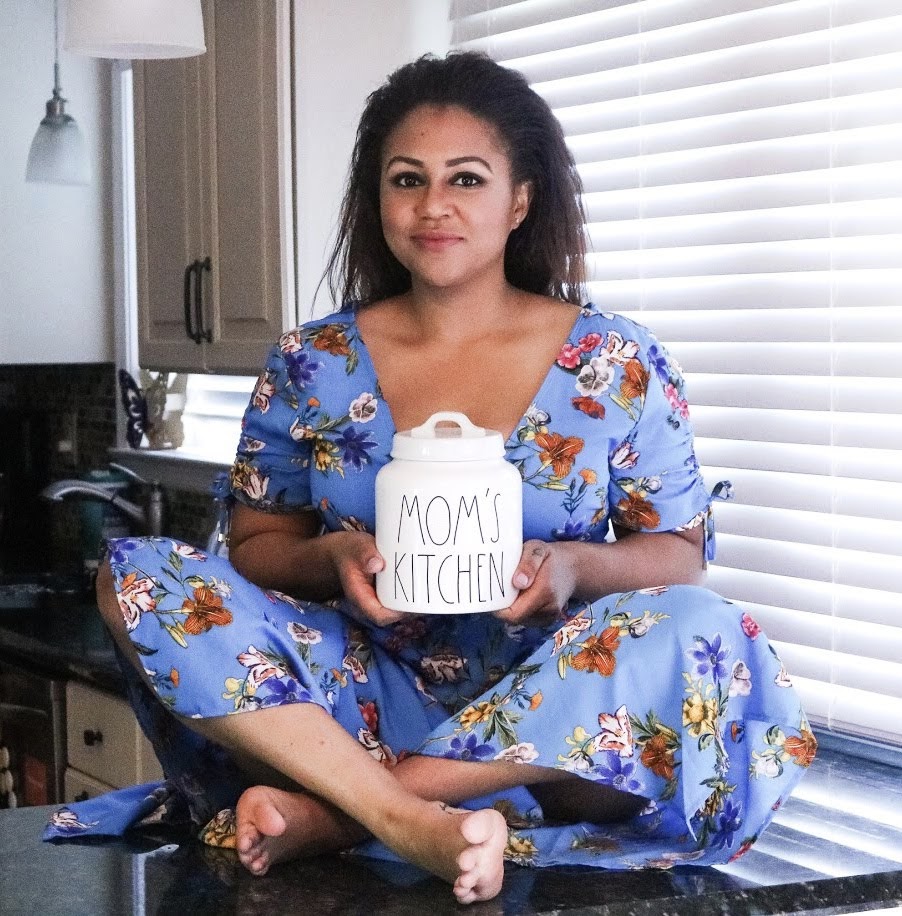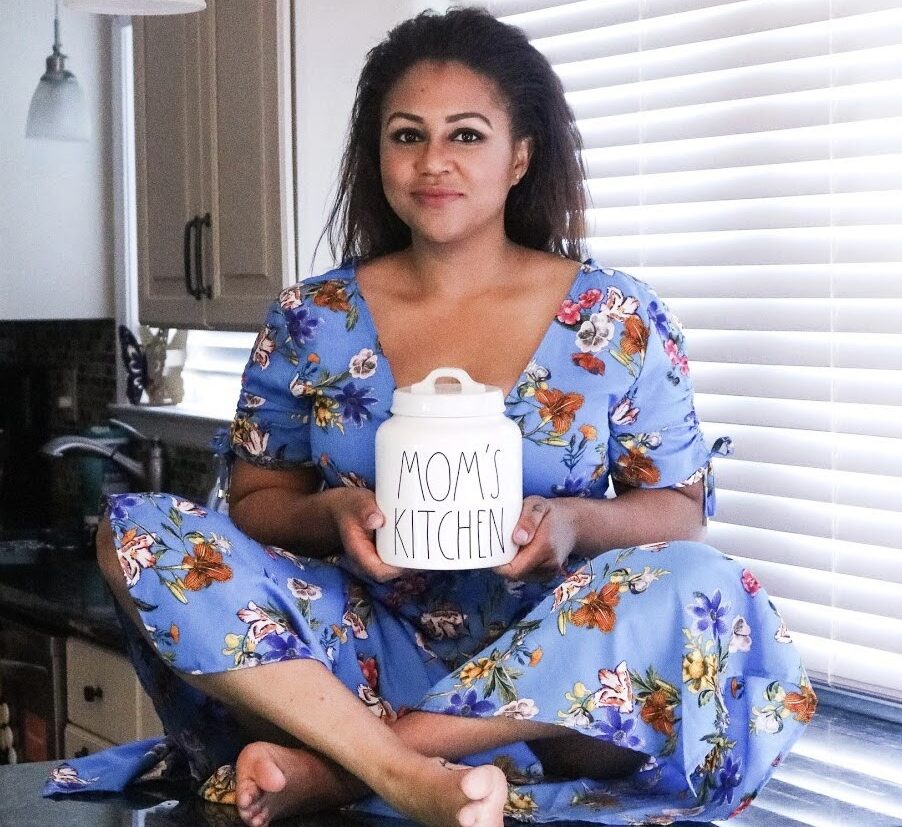
Even before I gave birth to my daughter Maya Natalie, I knew I was giving birth to an opinionated, determined girl. Ah, the habits of big sisters. Literally- even before my first sonogram I knew she’d be a girl, and because she was so active in my stomach I knew she’d be a preemie. She was, and at 31 weeks and 1 day old, she came into the world with a resting heart rate as fast as when other babies screamed to the top of their lungs. Three years later, nothing with Maya has changed. This kid wants to, needs to and will be heard.
Now that Maya is 3, I’m in the third trimester of pregnancy about to give birth to her baby brother, West Kyle. Just like I did with Maya I already have speculations about his personality. He seems so considerate and comfortable, I’d be surprised if he wasn’t born past his expected due date. But as you can imagine, as the self-proclaimed queen of the house (I’m not kidding) Miss Maya didn’t initially adjust well to becoming a big sister. When she became aware that Mommy was pregnant with her baby brother in June, I noticed her actions and her dialogue with adults became… furious:
- Miss Maya was falling out in school: “I don’t want to! Never!”
- Miss Maya wouldn’t acknowledge her brother: (Looking at the sonogram) “That’s not a baby, that’s a dog.”
- Miss Maya gets mad when Mommy can’t play: “Mommy you’re not listening. Come sit DOWN!”
Now I KNEW Maya was never that child at a birthday party who sat quietly, enjoying herself and politely removing the baking cup from her cupcake (sidenote: how annoying is that well-behaved Stepford child?), but I’d NEVER seen her act this way. I was not only worried about her attitude now, but feared how she’d react when she actually saw her brother and realized this baby in Mommy’s stomach was going to live in our house- forever.
After consulting with her teachers, my aunt, and practically anyone who is close to Maya and had pushed out a minimum of 3 kids of their own, I learned that her behavior was completely normal. It’s one of the habits of big sisters. As the firstborn, and Mommy’s “baby princess” (I know I’m not helping the situation. I’m lying in the bed I made, thank you very much) she feels threatened. I obviously knew that. But what I didn’t expect was for so many other “firstborn” traits to start rearing their ugly heads.
Maya felt that her world now lacked structure and control. She relied on her routines, which included things like private time with Mommy, and roughhousing before Daddy came home every evening. In her mind, she was the third adult in the house, and decisions were being made without her consent. And on top of becoming a big sister, Maya had just transferred from her 2-year-old classroom to a new 3-year-old classroom.
Talking with those closest to Maya also taught me to help her understand her role as big sister in the house. Now we watch DVDs about her feelings (a BIG thank you to The Feelings Show) and read books about adjusting to becoming a big sister. She’s helping to choose which of her stuffed animals should be placed in her brother’s adjacent bedroom. And guess what? Just like adults, toddlers learn from their peers. Maya sees the dynamic between other siblings in daycare and is starting to understand that her friends are also big brothers and sisters.
I’ve learned to let her have moments where she “falls out” (provided she’s not hurting herself or cussing me out in public). She not only needs time to slowly acclimate to the change occurring in her life, but she’s also a woman! She needs freak-out time every now and again. Why stifle something that will occur until she’s well into her 50s anyway?
Taking the advice of these women who’ve been there before me into account has been priceless. While Maya will never agree to share the spotlight, she’s definitely starting to return to how she used to be B.C. (before *2nd* child).
Moms, how many times have we heard that it takes a village to raise a child? I agree it definitely does, but the habits of big sisters made me learn that the village is not literally raising your child. More often than not, their opinions, experiences, and presumptions are manifesting themselves in your actions towards your child. In layman’s terms… you ARE turning into your mother.
